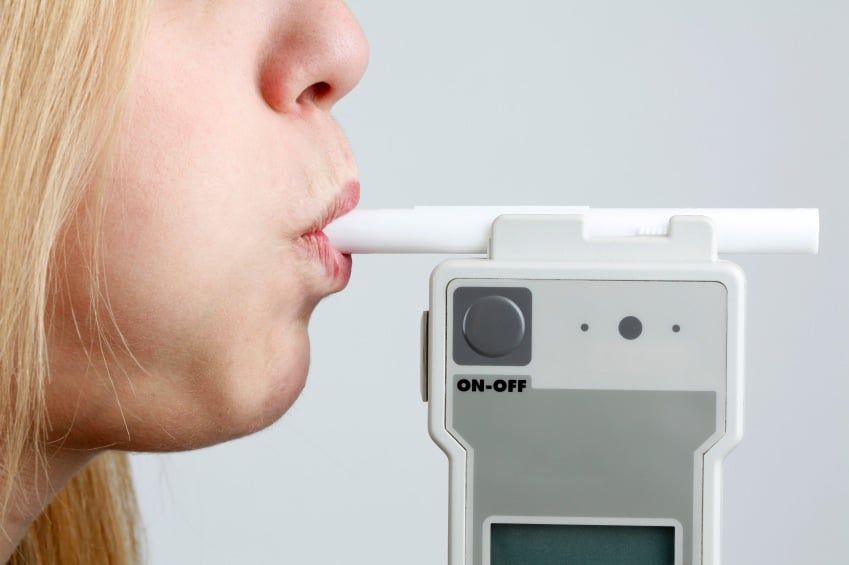If you are arrested for DUI, you will be read an “implied consent advisory” and asked whether you will consent to take a blood alcohol test, usually in the form of a breath test. You should consider the following when deciding whether to refuse or take the test.
Effective July 1, 2012, it is a crime to refuse to take a blood alcohol test if you have a prior test refusal or a DUI conviction or diversion . The crime is independent of a DUI charge. In other words, you could be charged with both DUI and a test refusal.
You can only be charged with a refusal if you have a prior test refusal or a prior DUI conviction or diversion. Only test refusals and DUI convictions or diversions after July 1, 2001, are considered. If you have no test refusals or DUI convictions or diversions after July 1, 2001, refusal of a blood alcohol test is not a crime. If you have one prior test refusal or a DUI conviction or diversion after July 1, 2001, you could be charged with a first offense for refusal of a blood alcohol test.
The penalties for the crime of refusal of a blood alcohol test correspond to the penalties for a DUI conviction. Conviction for a first test refusal carries the same penalty as a conviction for a second DUI; conviction for a second refusal carries the same penalty as a conviction for a third DUI; and conviction for a third or subsequent test refusal carries the same penalty as a conviction for a fourth or subsequent DUI. For details on these penalties, see the “DUI Penalties in Kansas” page.
Refusing the test may result in longer suspension or restriction of your driver’s license. The suspension periods are set out in detail in the section of this site entitled “Suspension of Your Driver’s License.”
Under some circumstances, a refusal makes it less likely that you will be convicted of DUI. It certainly does not guarantee a “not guilty” verdict. You can be convicted even if you refuse the test. A test refusal means that there is less evidence of intoxication, but prosecutors often go forward with their case without test results. They rely on other evidence, such as the results of field sobriety tests and observations of the arresting officer.














